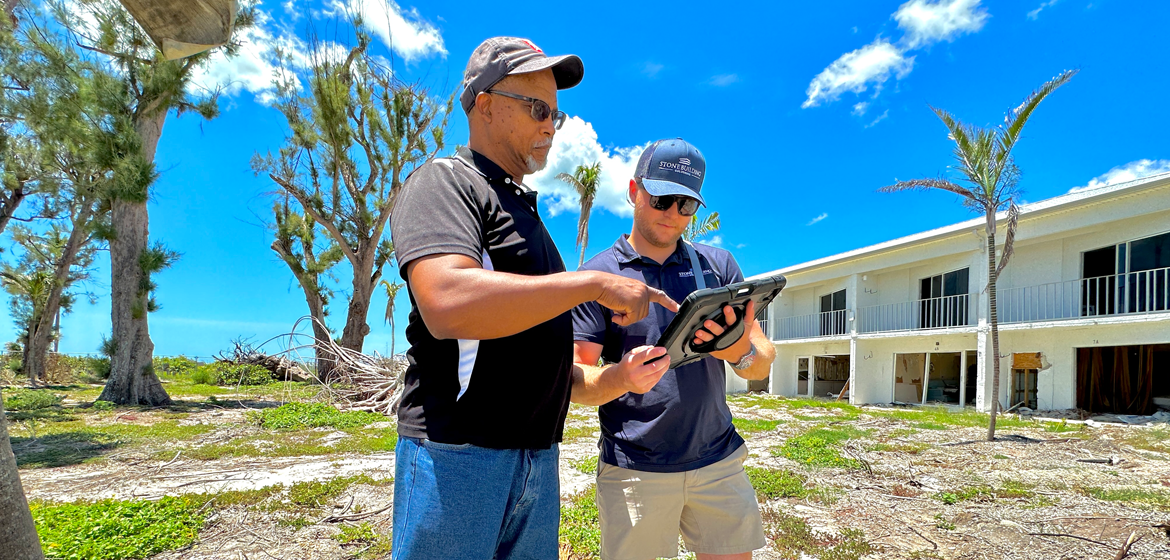5 Reasons Why You Need A Construction Management Consultant For Your Next Project

Undertaking a construction project, whether it’s a new build, renovation, or infrastructure development, is a complex endeavor that demands meticulous planning, organization, and oversight. To navigate the challenges and complexities of construction effectively, many project owners turn to construction management consultants for expert guidance and support. In this article, we will explore the essential reasons why you need a construction management consultant for your next project. From cost savings to quality assurance, these experts play a pivotal role in ensuring project success.
Cost Management and Budget Control
One of the primary reasons to engage a construction management consultant is to manage costs and control the project budget. These consultants have extensive experience in budgeting, cost estimating, and financial planning. They can help project owners develop realistic budgets, monitor expenses, and implement cost-saving strategies.
Construction management consultants also identify potential cost overruns and deviations from the budget early in the project, allowing for proactive adjustments and minimizing financial risks. Their expertise in cost management ensures that your project stays within budget constraints.
Quality Assurance and Risk Mitigation
Ensuring the quality and integrity of construction work is crucial for the long-term success of a project. Construction management consultants implement rigorous quality control processes to maintain construction standards and mitigate risks. They monitor work progress, conduct inspections, and address any deviations from specifications promptly.
By identifying and addressing quality issues early in the project, consultants prevent costly rework and delays. Their expertise in risk mitigation helps project owners avoid common pitfalls and challenges that can impact project outcomes.
Project Schedule and Timeline Management
Meeting project deadlines and maintaining a realistic timeline is another key responsibility of construction management consultants. They create detailed project schedules, coordinate subcontractors and suppliers, and monitor progress to ensure that the project stays on track.
These consultants excel in managing critical path activities, resolving scheduling conflicts, and adapting to unforeseen circumstances. By maintaining efficient project timelines, they help project owners save time and minimize disruptions.
Regulatory Compliance and Permits
Navigating the complex landscape of building codes, regulations, and permits is a daunting task for project owners. Construction management consultants have in-depth knowledge of local and national building codes, environmental regulations, and permitting requirements.
They guide project owners through the regulatory process, ensuring that all necessary permits are obtained and compliance is maintained throughout the project. This expertise helps prevent legal complications, delays, and potential fines associated with non-compliance.
Communication and Stakeholder Management
Effective communication is vital in construction projects involving multiple stakeholders, including owners, architects, contractors, and subcontractors. Construction management consultants serve as a bridge between these parties, facilitating clear and open communication.
They provide regular project updates, address concerns, and ensure that all stakeholders are aligned with project objectives. By fostering collaboration and transparency, consultants create a harmonious working environment that promotes project success.
In conclusion, hiring a construction management consultant is a strategic decision that can significantly impact the success of your construction project. From cost management to quality assurance, these experts offer invaluable guidance and expertise at every stage of the project.
If you’re planning your next construction project, consider partnering with a reputable construction management consultant who can help you navigate the complexities, manage costs, ensure quality, and achieve your project goals.
